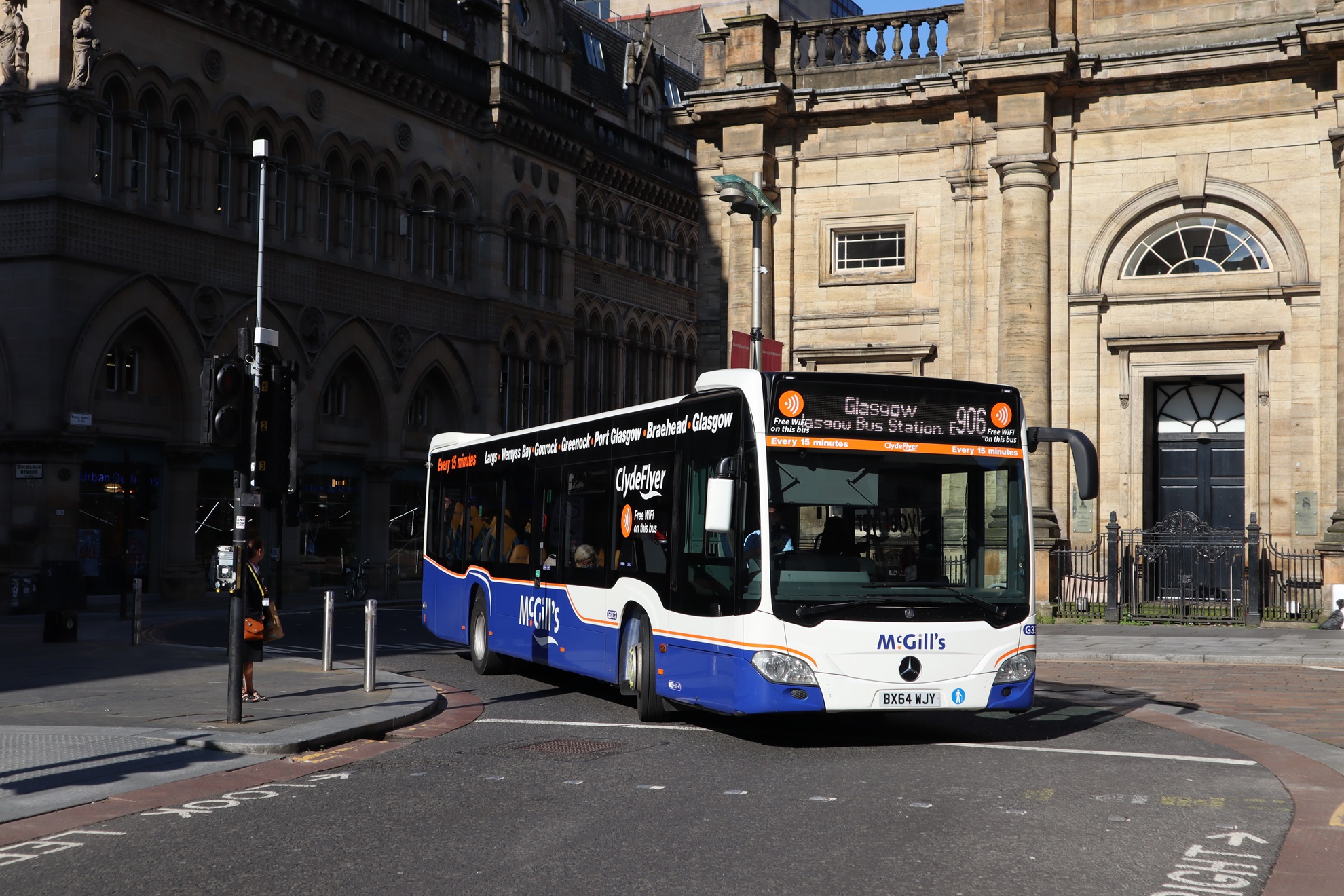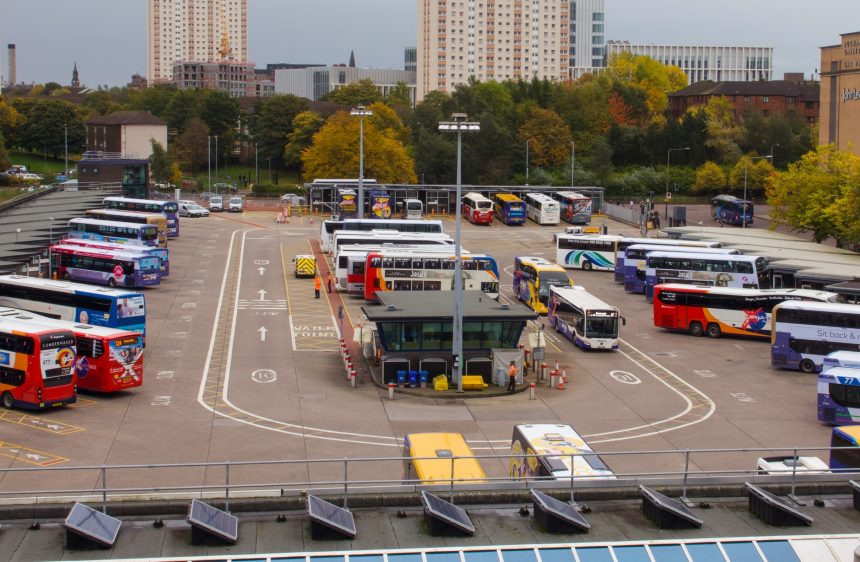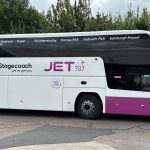A ruling out of ‘business as usual’ as a mechanism for future delivery of bus services in the Strathclyde Partnership for Transport (SPT) area will form part of the final draft Strathclyde Regional Bus Strategy (SRBS) for public consultation.
Support for that is outlined in a report on an earlier consultation on recommended SRBS options. Its inclusion in the final draft was approved by the SPT Strategy and Programmes Committee on 6 September. Also approved was SPT’s position that voluntary partnerships are ruled out as a reform option via the final draft.
Instead, the final draft SRBS will back SPT’s existing approach to reform. That is made up of:
- Commencement of bus franchising work
- Progressing statutory Bus Service Improvement Partnerships
- Consideration of the development of business cases for small-scale municipal bus operators.
Papers published before the Committee meeting state that consultation feedback was “generally supportive” of all proposals made by SPT, including the ruling out of both ‘business as usual’ and voluntary partnership.
For each of those, “no points were identified that would require a change to the recommendation at this time.” Committee members on 6 September thus approved the development of a final draft SRBS for public consultation based upon SPT’s proposed actions.
Only 43% of individuals and 51% of organisations that responded to the consultation offered support for advancement of Bus Service Improvement Partnerships. Other proposals each gained greater backing. SPT previously outlined franchising as its outright favoured avenue for bus reform, a position that has drawn strong criticism from operator McGill’s Buses.
As scope for municipal operation is intended to deliver “socially necessary services in parts of the region where private operators are currently very limited,” that will leave the final draft SRBS focusing on franchising and Bus Service Improvement Partnerships as the primary avenues of reform.

The public consultation of the SRBS final draft will run across a 12-week period in early 2025. Those responding will “have the opportunity to offer their views or suggest alternative approaches on all elements of the final draft SRBS,” the meeting papers state. After that, the final SRBS will go before SPT.
The 6 September papers note that McGill’s has petitioned for Judicial Review of the lawfulness of the SPT consultation into the proposed SRBS. A substantive hearing for that will take place on 27 November. McGill’s owners James and Sandy Easdale have made clear that they will legally challenge any moves to introduce franchising.
On the proposal to take forward franchising, the report on the previous consultation on recommended SRBS options shows that support was received from 76% of those responding as individuals and 71% of organisations.
The Committee papers note that successful rollout of “any future delivery model” is reliant on expansion of bus priority. SPT must thus continue to press the Scottish Government to restart the Bus Partnership Fund. It was “paused” earlier in 2024 by Holyrood.
A draft response to the Scottish Parliament Net Zero, Energy and Transport Committee by SPT Chair Cllr Stephen Dornan acknowledges that franchising or the Bus Service Improvement Partnership approach will leave SPT needing “further support and resource” that will “potentially [be] at significant levels” should those powers be utilised.
That would include additional capital and revenue funding and a Bus Partnership Fund restart. A regional franchise would require extra revenue support of between £45 million and £85 million per year, SPT says. “Significant” mobilisation costs are also expected. McGill’s has claimed that the franchising in Strathclyde would actually cost £400 million per annum.
SPT “will be undertaking further work on the amounts of funding required [for franchising] as the SRBS is finalised over the coming months, and sources for that funding,” Cllr Dornan adds. “It is clear, however, that the scale of funding required in terms of both capital and revenue will be beyond the scale of current affordability for SPT and our constituent councils.”



























